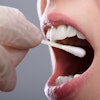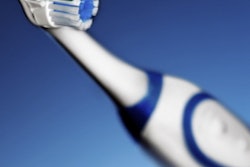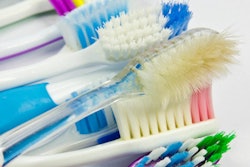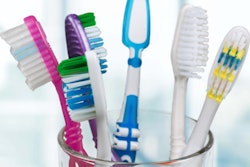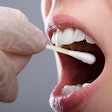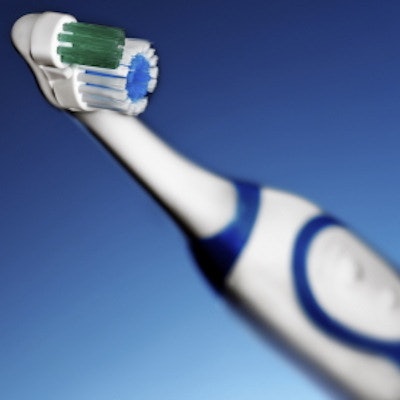
Numerous studies have been conducted on plaque reduction after toothbrush use, but what about on oral cleanliness? Researchers studied the oral cleanliness results with participants who used either a manual or a power toothbrush and concluded that maybe it's not the toothbrush that is responsible for the outcome.
They compared the results of more than 50 patients who used a power toothbrush with 60 who used a manual toothbrush. They reported no differences between the groups in plaque before and after brushing, clinical parameters, and overall brushing duration in a study published in BMC Oral Health (May 29, 2019).
"The capability to achieve oral cleanliness was low, irrespective of the type of toothbrush," wrote the authors, led by Waldemar Petker of the department of medicine at the Institute of Medical Psychology at Justus Liebig University Giessen in Giessen, Germany.
The researchers noted that a considerable amount of plaque remains even after adults brush to the best of their abilities. They also stated that most studies involving toothbrush comparisons focused on the effects of power toothbrushes on plaque. They decided to ask the same question about overall oral cleanliness.
More than 100 university students (ages 18 to 30) were videotaped while brushing their teeth (55 with a power toothbrush, 60 with a manual toothbrush). The participants were asked to brush to the best of their ability daily for more than six months.
A dentist assessed plaque before and immediately after brushing. Gingival bleeding, recessions, periodontal pocket depths, and dental status also were measured. The video was analyzed with a focus on brushing duration, sites of brushing, and application of interproximal cleaning devices.
The researchers reported no differences between the groups when measuring plaque before and after brushing, clinical parameters, and overall brushing duration (all p > 0.05). After brushing, plaque persisted at approximately 40% of the sections adjacent to the gingival margin in both groups.
The researchers acknowledged study limitations included difficulty in analyzing some of the video footage and that the results might be limited to the specific toothbrushes.
They asked what hinders effective plaque removal? One idea the study authors discussed is that participants neglect their gingival margins. The researchers recommended that dentists and hygienists remind their patients to not overlook any surface while brushing.
"These results indicate that deficits regarding manual oral hygiene capabilities cannot be easily overcome by merely changing to a powered device," they concluded.

